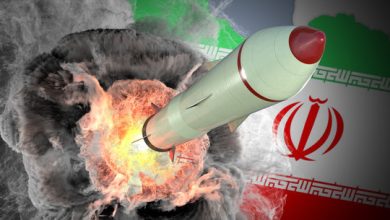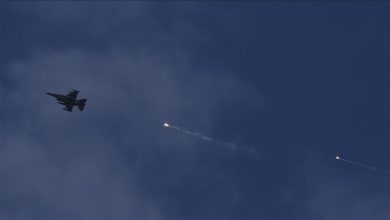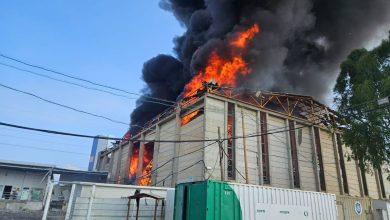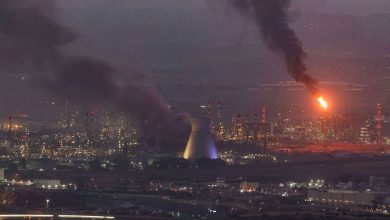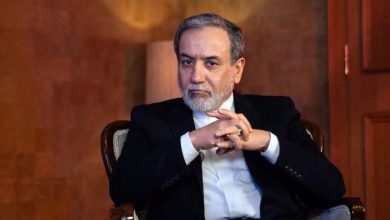Iran FM: The ‘Signalgate’ incident intensifies Tehran’s doubts regarding US political initiatives
Iran's
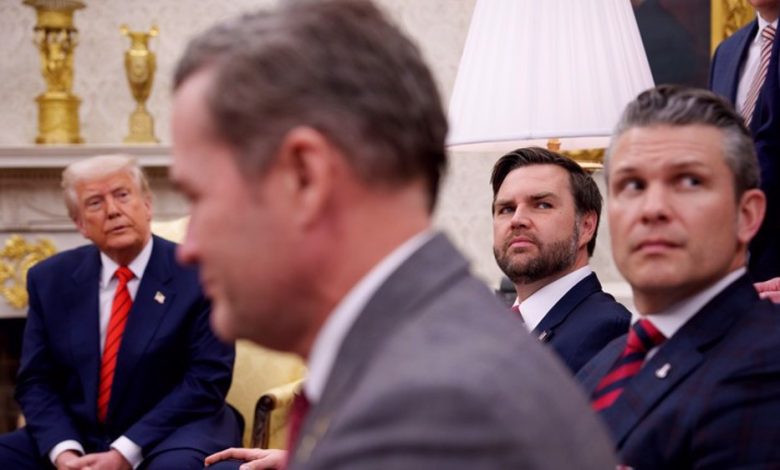
On Thursday, Araghchi took to his official X account to convey that international observers, including those in the United States, are increasingly recognizing the perspective of U.S. officials on global matters. He pointed out instances of what some criticize as significant incompetence and, more crucially, an apparent indifference to human life in their decision-making processes.
Iran’s lead diplomat has expressed skepticism regarding recent political gestures, suggesting they should be approached with considerable caution. This statement was made in response to a leaked conversation detailing military strategies against Yemen’s Houthi Ansarullah resistance group and accusing Tehran of financially supporting the movement.
Araghchi’s remarks came in response to articles published by American journalist Jeffrey Goldberg in The Atlantic earlier this week. The articles, released on Monday and Wednesday, disclosed confidential conversations involving key U.S. officials: Vice President JD Vance, National Security Advisor Michael Waltz, Defense Secretary Pete Hegseth, Secretary of State Marco Rubio, and Director of National Intelligence Tulsi Gabbard.
In a significant security lapse dubbed “Signalgate,” Goldberg was inadvertently included in a group, allowing him access to sensitive operational details. This breach has raised serious concerns about the management of classified information and the reliance on unsecured communication platforms.
The repercussions of the incident have prompted demands for accountability, with legislators urging comprehensive investigations and scrutinizing the decisions of officials involved. Despite these calls, the White House continues to minimize the episode’s seriousness, focusing on the language used and criticizing the inclusion of a journalist in the conversation due to an oversight.
The disclosure of classified information has caused tensions in international relations by revealing critical military details, such as U.S. bombing plans, drone deployments, and targeting data. This has the potential to erode trust among allies. Furthermore, the White House’s handling of the situation has been met with criticism, fueling ongoing debates about transparency and security measures.
On March 7, former President Donald Trump disclosed that he had sent a letter to Iran advocating for the commencement of nuclear negotiations while simultaneously issuing a warning regarding potential military intervention. The correspondence was reportedly delivered to Tehran on March 12, facilitated by Anwar Gargash, who serves as a presidential adviser in the United Arab Emirates.
Former President Donald Trump has advocated for negotiations amidst the reinstatement of the “maximum pressure” strategy targeting the Islamic Republic. This policy, originally implemented during his first tenure in 2016, has been reactivated by his administration.
In 2018, under this policy, former President Donald Trump took the United States out of the pivotal Iran nuclear agreement and subsequently reinstated severe sanctions against Tehran.
In a landmark agreement forged in 2015, Iran and global powers reached an accord where Tehran agreed to implement temporary measures to restrict its nuclear program. In return, Western nations pledged to lift economic sanctions that had been imposed on the country.

